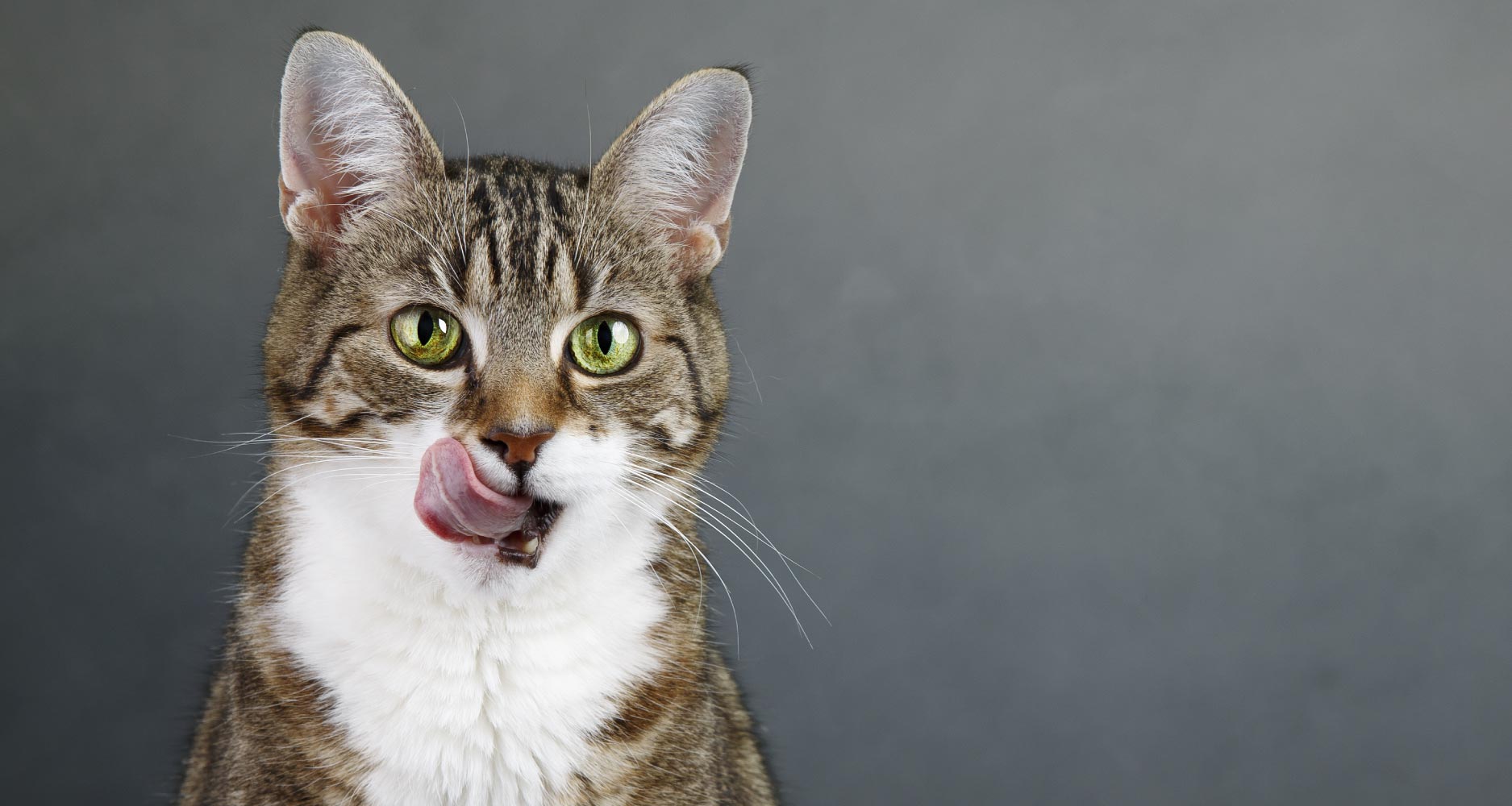HEALTH & WELLNESS

VOTING BOOTH

TRENDING

LIONS FOUNDATION OF CANADA DOG GUIDES
Lions Foundation of Canada Dog Guides and its founding program, Canine Vision Canada, was established in 1983. It’s the largest school of its kind in Canada with its training school in Oakville and breeding facility in Breslau.
Dietary Management in Cats with CKD

Several studies have shown that dietary management plays a key role in cats with chronic kidney disease (CKD) which is a common and unfortunately incurable condition.
CKD is actually more than just a common progressive condition, it is a leading cause of death in cats, often due to the complications it causes.
Nutrition can, however, help to improve quality of life as well as life expectancy which are the two main treatment goals. With the right nutritional adjustments, some symptoms can be managed to bring real relief.
Important: Nutritional therapy DOES NOT replace medical management. For long-term successful treatment of cats with CKD, medical needs have to be met as well to improve quality of life.
Overview of Nutritional Interventions
There’s no one-size-fits-all when it comes to nutritional therapy and various factors need attention to help cats with CKD live more comfortable lives. The physical diet needs attention, of course, but making sure that the affected cat eats enough is also essential. Once a veterinarian approved plan is in place, you need to monitor the reaction and adjust the diet accordingly, throughout treatment.
How to Manage the Nutrition Part of CKD
Treatment outcome can be improved with early nutritional therapy. To help manage CKD in cats, these are some of the nutrition objectives that need to be met after diagnosis:
- Make sure the affected cat has enough energy to support its body.
- Address fluid, electrolyte and hormone imbalances as well as metabolic abnormalities.
- Slow down the progression of CKD.
Kidney Support Diet
In general, a kidney support diet contains less protein, sodium and phosphorus and increased omega-3 fatty acids. There are three main aspects to dietary management:
Water intake
Dehydration is a major sign of CKD because of the reduced ability of the kidneys to conserve water. It’s crucial for a cat with CKD to maintain a good water intake that may help to slow progression of the disease. Since foods also contain water, feed cats tinned (or sachet) foods because of their high-water content instead of dry foods.
Restricted Protein
Restricted protein content in foods is important for cats with CKD. When protein breaks down in the blood, toxins accumulate; therefore, feeding a reduced protein diet will decrease this process and improve quality of life. This protein restriction should be done with care because too little protein can also be harmful.
Phosphate restriction
Phosphate restriction can be very beneficial in protecting the kidneys from further damage. Restricting phosphates thus appears to prolong the life of cats with CKD.
Other Measures
Intake of the following may need intervention:
- Vitamins: B- and C Vitamins lost through increased urination
- Lipid concentrations (lipids are fatty acids or their derivatives)
- Minerals: Phosphorus, calcium, sodium and potassium need to be managed
- Acid-base Balance: Try to keep blood pH within the normal range
- Protein: Restriction can relieve clinical signs, such as vomiting, lethargy, anorexia and bad breath
- Fat: Fat can enhance taste and provide energy to compensate for the missing protein, but not all cats with CKD are able to tolerate higher fat concentrations
REMEMBER: Combine nutritional management with medical management for long-term, successful treatment of CKD in cats.
Talk to your veterinarian about effective medications for cats with CKD.
![]() Ask your veterinarian for advise on the best diet to meet the needs of your cat. Your veterinarian can recommend food with a specific nutrient profile to help support one or more of your cat’s age-related conditions. Find a veterinarian near you.
Ask your veterinarian for advise on the best diet to meet the needs of your cat. Your veterinarian can recommend food with a specific nutrient profile to help support one or more of your cat’s age-related conditions. Find a veterinarian near you.
Related Articles








